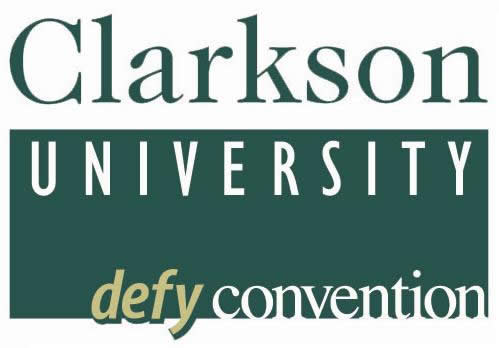
Poojitha D. Yapa
Professor of Civil and Environmental Engineering
Wallace H. Coulter School of Engineering
Clarkson University
CDOG, ADMS, MEGADEEP
Modeling the transport, fate, and impact of oil and gas releases in deepwater

Oil and gas production from the deepwater has been on the rise for two decades. Some countries, like Japan, have found large methane hydrate deposits that can be a major source of energy. A few years ago, Japan started a large scale long-term project to explore the possibility of methane production from deepwater at commercially competitive costs for consumer use. The United States has large amounts of oil and gas in deepwater and is continuing exploration as well as production. Other countries, such as Australia, Brazil, Namibia, and Norway are also actively pursuing deepwater exploration and production.
Most deeepwater releases of oil are accompanied by gas. In some cases, the release may be just gas (methane or natural gas). Modeling the transport and fate of oil and gas or gas-only releases are very complex because of the many interrelated processes that take place. These releases originate as a jet or plume. Eventually, the momentum and buoyancy of the jet/plume dies down and the oil/gas is transported due to advection and dispersion. During both the jet/plume and the advection stages, complete hydrodynamics and thermodynamics need to be taken into account in addition to physico-chemical processes. These physico-chemical processes include gas hydrate formation/dissociation, gas dissolution, hydrate dissolution, gas expansion, and gas separation from the main plume. The model my students and I developed is one of the first to model deepwater oil and gas behavior. The model, named CDOG (Comprehensive model for Deepwater Oil and Gas), is very well known around the world. Our newest model, ADMS, has gone through major improvements over the years and is much more advanced. For simulating gas-only releases, we developed another model, called MEGADEEP. All these models have been extensively verified against laboratory and field data. Model formulation, verification, simulations, and analyses of these models have been published in a series of papers in leading peer-reviewed journals. These models have also been used by governments and leading companies in industry for contingency planning accident preparedness, emergency response, and relief well design.

Experimenting, Developping Models and Sharing Knowledge on Deep Water Oil Related Problems for more than 20 Years

Clarkson University has a worldwide reputation for its leading oil and gas computational research More >>
Contact
- E-mail:
- pdy at clarkson dot edu
- Telephone:
- 315-268-7980
- Fax:
- 315-268-7985
- Address:
- Clarkson University
Box 5710,
130 Rowley Laboratories, Potsdam,
NY 13699-5710 U.S.A.